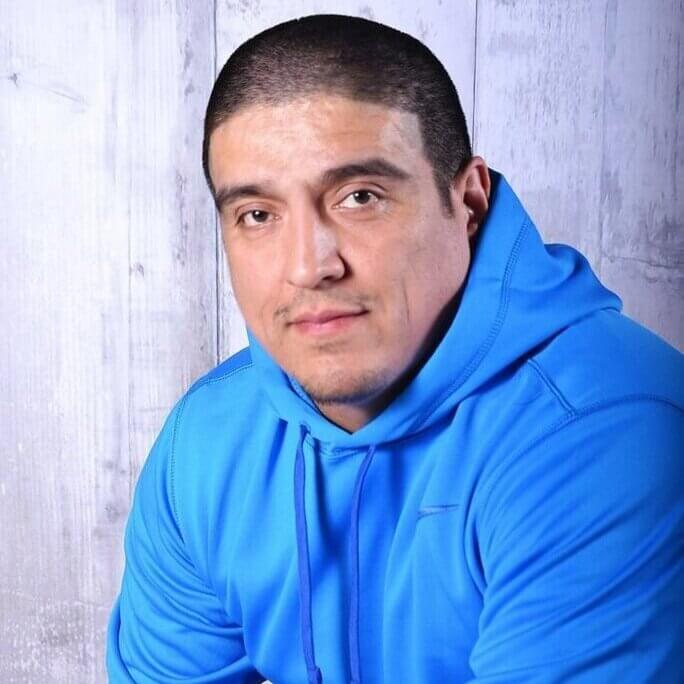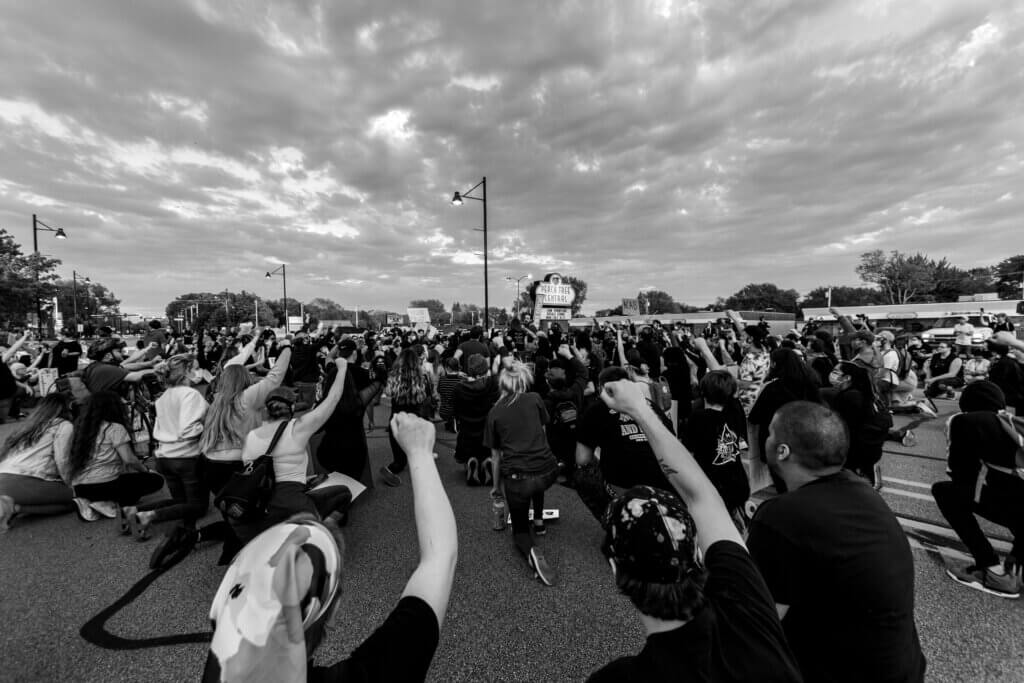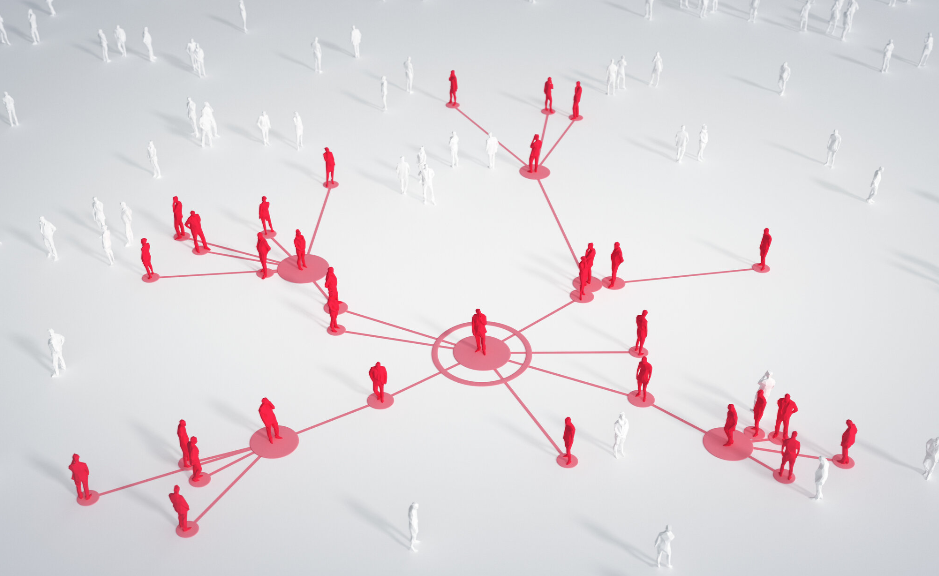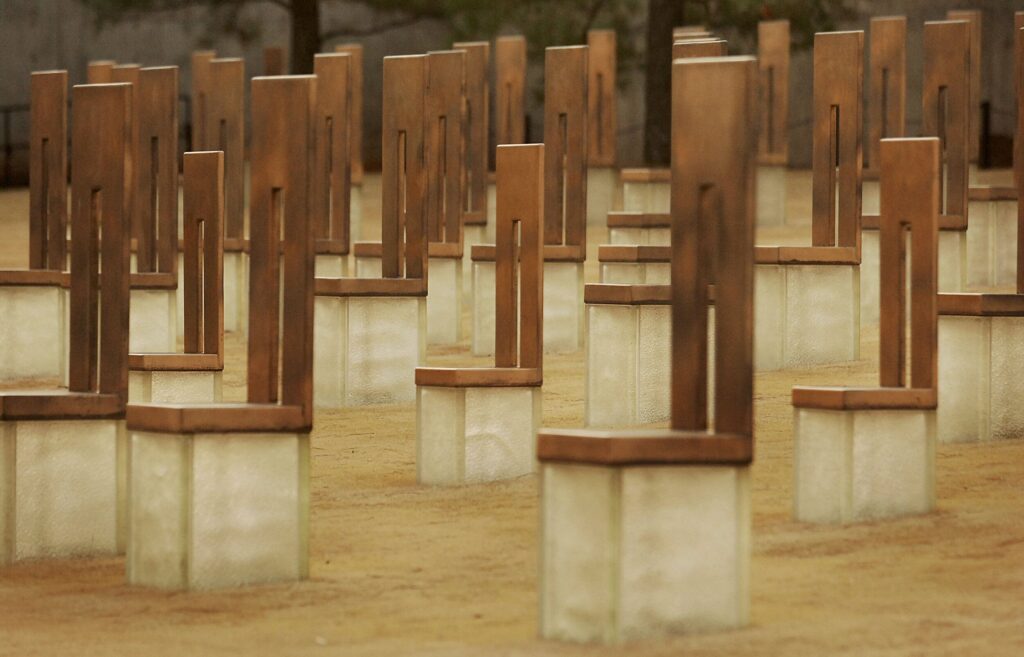In June we surveyed nearly 100 people about their experiences through the COVID-19 pandemic.
More than half reported that the last three months have created a rift between them and friends and family. An incredible 75 percent of respondents said they fear that someone they know was beginning to adopt far-right extremist thinking.
Our experience indicated this could happen.
Large-scale uncertainty is a breeding ground for extremism. But it’s not just economic and health concerns that provokes such a response. Disruptions to the status quo can inspire a new generation of violent extremists. We are seeing that in the midst of the anti-racism protests taking hold throughout our country.
We are dedicating this newsletter to that movement.
Life After Hate has always been a hopeful organization. We believe everyone deserves redemption—if they work toward it.
But that willingness is not always the case.
The mass movement we see today is against a society unwilling to improve, and instead choosing to double down on injustice. What began as a protest against police brutality against Black and Brown people has become a protest against all forms of discrimination—social, economic and political.
A peaceful society is a conscious choice. It requires full participation to undo the terrible imbalance that has always been a part of the American system. That takes work, not just words.
Our role in this action is to advocate for individuals who have left violent far-right extremism and are seeking to make amends. In this they become advocates for others to do the same. And together we inch closer to a healthier nation.
Our work is also heavily rooted in the belief that no one can escape the consequences of their actions. We can not escape them by enforcing laws. We can only reconcile them through conviction to change once and for all, to be accountable, transparent and willing to make amends, by acknowledging the wrongs and breathing healing into that same space.

In pursuit of social evolution,
Sammy Rangel,
MSW, CSAC
Executive Director & Co-Founder

What the pandemic exposed about our relationships with friends and family
To learn more about the fault lines made worse by the pandemic, we conducted a survey in June, three months after lockdowns began. Here’s what we learned. Continue reading …

“Police officers didn’t get worse. Cell phone technology just got better”
To help understand the protests against police killings and brutality, we talk to Erroll Southers, a black man and former FBI special agent and law enforcement leader. Continue reading …

How to fight fake news during COVID-19
There’s still plenty of fake news about the pandemic. This is how you can maintain control of your social media timeline, and have difficult conversations with friends and family. Continue reading …

VIDEO The Oklahoma City bombing: ‘For the first time ever, my victims haunted me’
Many extremists act as if they are committed to “the cause,” but their conviction is unsteady. While so-called “lone actors” remain capable of carrying out devastating acts of terrorism, many other far-right extremists become disillusioned long before. Watch now …

